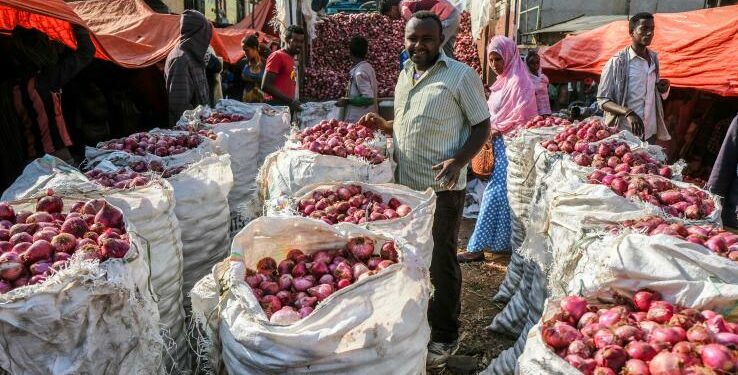Ghana’s $2bn Post-Harvest Losses Highlight Urgency for Agribusiness Reform
Ghana loses an estimated $1.9bn to $2bn worth of food each year to post-harvest inefficiencies — enough to feed the entire Ashanti Region for more than a year — according to Daniel Fahene Acquaye, Chief Executive of Agri-Impact Limited.
Speaking at the Regional Agribusiness Dialogue in Kumasi on Friday, Mr Acquaye warned that the scale of wastage poses a serious threat to food security and undermines Ghana’s broader economic ambitions.
“Our post-harvest losses per annum are estimated between $1.9 and $2 billion. The value of food and non-alcoholic beverages consumed in the Ashanti Region alone is about GH₵14 billion — roughly $1.2 billion, depending on the exchange rate. This means the food we lose every year could feed the entire Ashanti Region for more than one and a half years,” he said.
Despite these losses, Ghana still imports close to $2 billion worth of food annually, a contradiction Mr Acquaye described as “economically unsustainable”. He renewed calls for the establishment of an AgriFund to finance infrastructure, logistics and innovation across the agricultural value chain.
“If we say agriculture will transform our economy, then why don’t we have an AgriFund? We must reset for transformative agri-investments,” he added.
The dialogue in Kumasi marked the first in a series of regional consultations toward a National Agribusiness Policy, led by the Ministry of Trade, Agribusiness and Industry (MoTAI) in collaboration with Agri-Impact, Mastercard Foundation, PwC, Development Bank Ghana and other partners.
Kwame Ntim, Head of Agribusiness at MoTAI, said the policy aims to consolidate fragmented initiatives into a coherent framework that drives productivity and private sector participation.
Hayfron Aboagye, Partner at PwC Ghana, emphasised the need for collaboration, arguing that Ghana’s vast agricultural potential remains underutilised.
“It’s baffling that with our vast arable land, we still consider ourselves poor. Agriculture presents both a challenge and an opportunity — one that requires collective effort,” he said.
The consultations follow a national dialogue in July attended by President John Dramani Mahama, signalling a renewed push to position agribusiness as a catalyst for economic growth and job creation.








